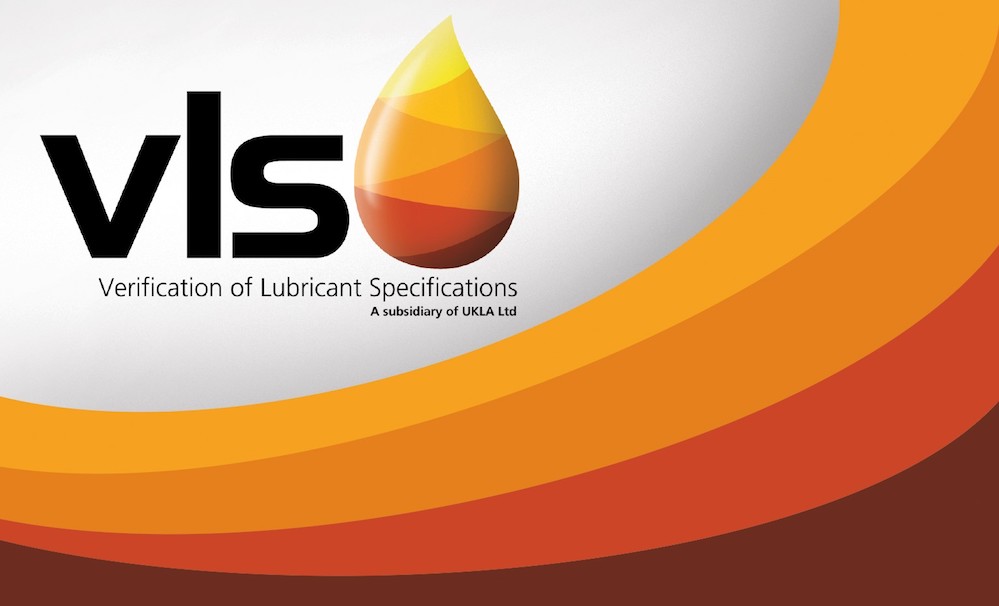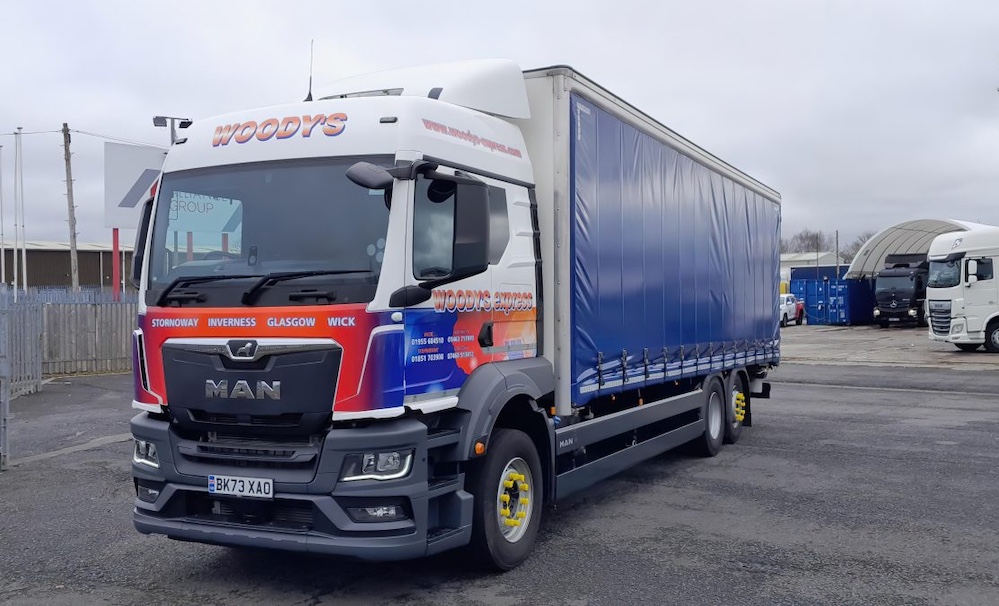The continuous drive for efficiency means fleet operators have to look at ever increasing ways to save money. Fuel consumption, lifetime service costs or alternative fuel vehicles are all important factors. Lubricant choice also has a significant role to play.
Oil provides essential lubrication for the engine, as well as protecting against friction, damage and wear & tear to the vehicle’s moving parts. Poor quality or the wrong oil can cause accelerated wear to gears and bearings leading to increased maintenance costs and if left unchecked, eventual engine failure. The last thing any fleet manager wants is costly maintenance bills and needless breakdowns that could have been avoided.
Commenting, Andrew Goddard, Chairman of the Verification of Lubricant Specifications (VLS), says:
“Fleet managers need to have confidence that lubricants being sold are fit for purpose and deliver what is claimed. In 2013, this started to become a problem. Some lubricant products were being sold on the marketplace with claims that were simply unrealistic. Closer inspection found that occasionally sub-standard formulations were being passed off as the latest specifications, or even failing to perform effectively at low temperatures.
Although this occurred in the minority of cases and the vast majority of lubricants available in the marketplace met the exacting standards of market and OEM specifications, it still gave cause for concern.
Out of this concern, reputable lubricant blenders and manufacturers came together to launch the Verification of Lubricant Specifications (VLS). VLS is an industry body that independently validates complaints regarding the technical specifications and performance claims of lubricant products. Since its inception in 2013, VLS has arbitrated over 50 different lubricant complaints covering issues such as cold weather properties through to compliance with industry standards and market regulations.”
50 cases already investigated
Of the 50 cases investigated so far, the majority have concerned non-compliance with the ACEA sequences. These European performance standards set out the specifications and classifications for lubricants. They are updated every four years, to take account of market changes. Around 26% of cases have related to low temperature properties which is a particular safety issue. In one case a lubricant was found to turn solid at temperatures of minus 40 degrees centigrade. Whilst the temperature in some parts of the country rarely stays below freezing for a sustained length of time, in Scotland extreme temperatures are not uncommon.
Andrew Goddard adds: “Most of the cases VLS has received so far relate to passenger vehicle engine oils. This is in line with expectations, as automotive comprises a significant sector in the marketplace, as much as half of all lubricants sold. However, VLS’ remit does include everything from engine to transmission and gear oil and all have featured in cases. Heavy duty and even agricultural tractor oil have been investigated.
So far only two cases have been received relating to industrial products and one in the marine sector. We plan to focus on raising awareness of VLS in the commercial vehicle, industrial and marine sectors so that users can be reassured. VLS is there to protect standards in the industry and tackle any products that make misleading or wholly inaccurate performance claims or are incompatible with industry standards.”
Membership of VLS is open to any commercial or industrial end user, marketer, agent, distributor, service provider, or Industry trade association. Details of all current members are published on the VLS website so you can check to see if the oils currently being used on your fleet are produced or distributed by a registered member. Fleet Managers can also consider joining VLS to safeguard their vehicles, gain assurance about the performance claims of lubricants and ensure that their investment is protected.
To find out more about VLS you can visit their website www.ukla-vls.org.uk or call 01442 875922.







